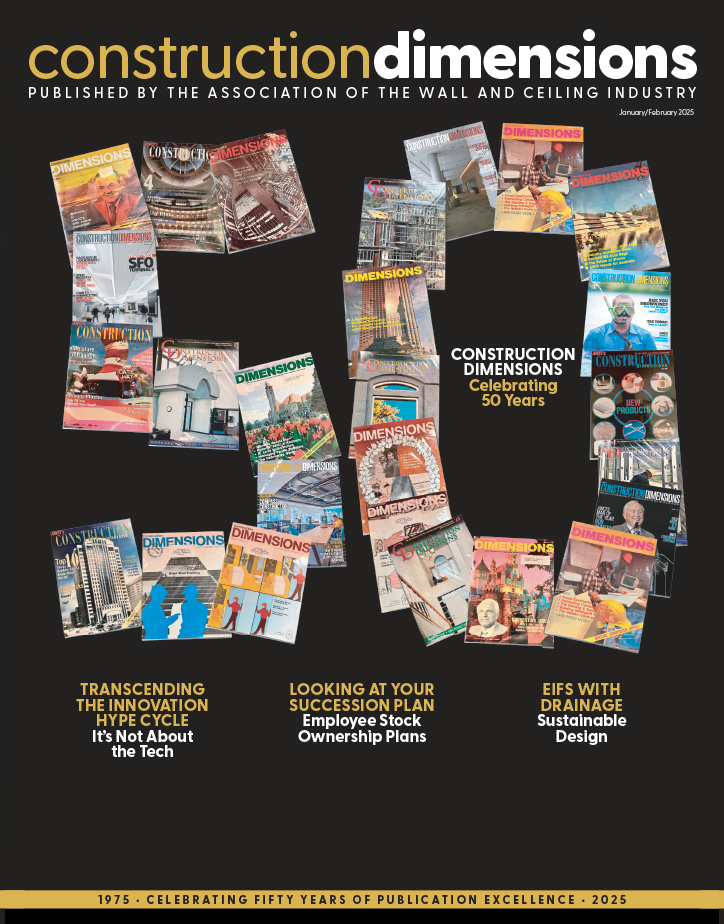The biggest hindrance to getting things done is workflow clutter. Most people keep too many files, send too many emails and submit too many reports. We live with too many objects, and each creates a touchpoint that demands time and attention.
I moved my office recently and know all about having too much stuff — old project folders, an excess of office supplies and so on. I had to pack it all up, schlepp it, unpack it and stuff it in a new location. It was exhausting. Do I need all this stuff taking up space and mental bandwidth? No. In fact, I’m getting rid of much of it. The result is I’m getting more done.
It turns out that simplification is a key to making more money.
Complexity Is Costly
Research by IBM, KPMG, SAP and the Wharton School of the University of Pennsylvania show that needless complexity can interfere with decision-making, choke production rates and lower the bottom line. In a Wharton/SAP study, 74 percent of business leaders said that excessive process complexity inhibits their companies from reaching stated goals. The majority, 62 percent, said that workflow simplification would increase company profits.
The problem with clutter—and I include organizational clutter here—is that it governs what we do. Banker’s boxes stuffed with reports can line hallways, turn passageways into a storage spaces and block where people go. Organizationally, an excessive reporting system can hamper project managers by forcing them to spend their precious time gathering data instead of bonding with their team members.
Business consultant Yves Morieux said in a TED Talk that today’s workers feel disengaged from their companies due to on-the-job complexities. Businesses tend to focus on structures and processes, he says. Top managers often think a problem can be solved by adding a manager, forming a committee, writing new procedures or instituting new reporting systems.
You likely focus on how fast you build walls and ceilings. Such a focus leads to your defining production output in terms of square feet installed per man-hour worked. That leads to the creation of a scorecard. You then design an incentives system based on that scorecard, the square-foot-per-hour metric. Eventually, you add other key performance indicators. And there you have it—complexity.
I’m not saying you need to jettison your workflow process measures. I’m saying you need to simplify, especially if you’re planning to add more KPIs.
Unburden Yourself
What should you do?
1. Simplify your personal life. Eliminate objects, since all objects require some care and maintenance. Get rid of physical barriers in your personal spaces. Get rid of mental barriers, like having too many to-dos. Eliminate some hobbies. Buy out time to engage with other people. Open up some mental bandwidth for yourself.
2. Align yourself with your workmates. Put yourself in a position to cooperate with others. People who cooperate require less materials and equipment, work faster and have more time to innovate. So, take time to figure out what others do. Estimators: Visit the installation crews to understand their work conditions and actual production processes—and vice versa. Safety directors: Visit your union apprentices while they’re being instructed about safety so that you, too, can chime in on the topic. Down the road, they’ll better understand what you want them to do on the job.
3. Get the big picture. Ecologist Eric Berlow says in his TED Talk that embracing complexity calls for taking time to see the patterns and intricacies around us. “Simplicity often lies on the other side of complexity,” Berlow says. He adds: “The more you can zoom out and embrace complexity, the better chance you have of zooming in on the simple details that matter most.” Understanding the larger picture can help identify simplification gaps in the company and may suggest ways to move forward.
The bottom line? Try to touch fewer things each day. Don’t check email as often as you do. Break jobs down to smaller tasks. Use quality tools and materials. Prefabricate components. Ask for help. Offer to help. Allow people to make decisions.
By unburdening yourself of stuff—physical, digital, mental, emotional and organizational stuff—you can spare yourself some of life’s complications, work with fewer distractions and lower your stress levels. You will enjoy your workmates. You will be excited to go to work each day.
Mark L. Johnson is an industry writer and marketing communications consultant. Reach him at @markjohnsoncomm, and at linkedin.com/in/markjohnsoncommunications.




